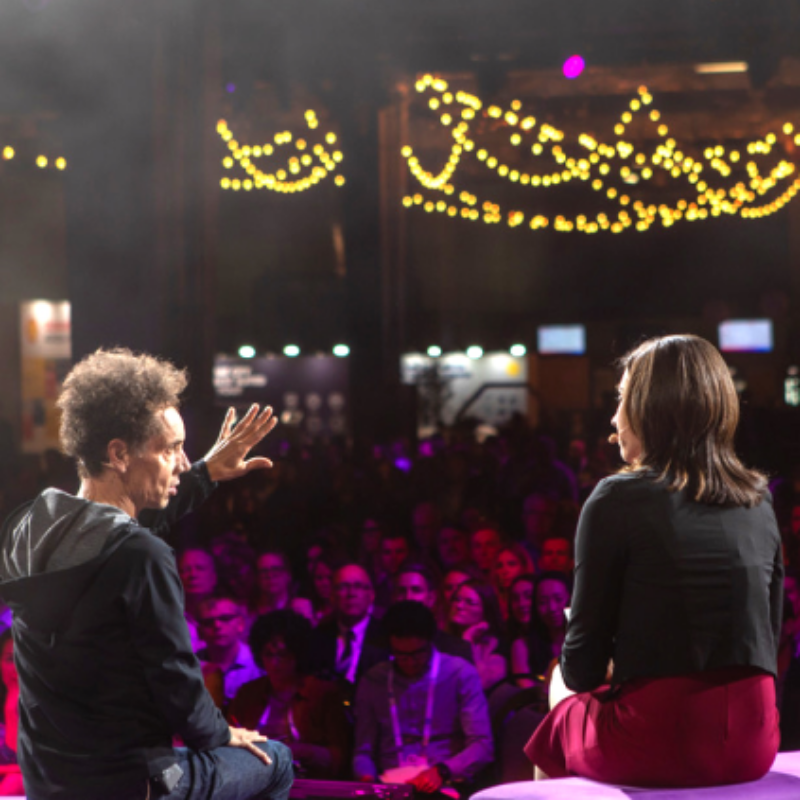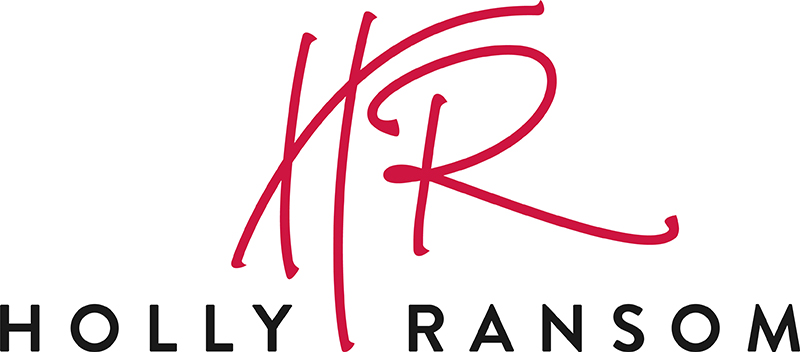Leaders trust in difference (not indifference)

Inclusion is the drawcard for high performance – let’s find out how.
Malcolm Gladwell has always been someone who not only pushes boundaries through stories but pushes the boundaries of stories. Earlier, this year I was privileged to have the opportunity to interview Malcolm at the Energy Disruptors 2019 Conference in Calgary. We delved into a wide-ranging discussion of his new book “Talking to Strangers” where he illuminates the many ways in which we misunderstand, mistrust and miscommunicate with each other. Our conversation made me wonder, if our natural instincts mean we’re wired in ways that limit and hinder our ability to foster connections with strangers, then how do we tell a different story? How do we navigate trust in an age where our value will rely on diversity and collaboration?
“We evolved as human beings in very, very close-knit family and intimate circles, and now we’re in a position where we have to deal overwhelmingly with people outside those intimate circles. And the skills we were perfecting for 100,000 years that worked on the intimate group, really don’t work that well on strangers.”
Malcolm Gladwell, #EDU2019
How to tell a different story?
Interestingly, given all the banter we hear about how hard it is to get cut through in this ‘noisy’ world, Malcolm argues that if we have an authentic story to tell, then there has never been a better time to tell our story. He asserts that the trick lies not in speaking, but in listening. In any given social media minute, 41.6 million messages will be sent over Facebook Messenger and WhatsApp, 347,222 people are scrolling Instagram, 87,500 people posting to Twitter and 4.5 million videos on YouTube are being watched.
Who are these people and why would they stop their ergonomically scrolling thumbs to listen to you?
As he unpacks his reply, the beautiful mind of Malcolm Gladwell meanders between trust, inequality, social context and cultural subtext. I ask, “Do we have a trust crisis?” To which Malcolm emphatically replies ‘no’. He points out that 15 years ago, the concept of hitting a button on a cellular device, waiting for a random car to show up, hopping into the said random car, to be driven by a complete stranger, while relying on a phone to map the correct route and then hopping out with no exchange of money or credit card swiping… was simply incomprehensible. Trust, these days it seems, is crowd-sourced. It’s not lost but it has morphed.
Malcolm argues, “On a macro level we are so insanely more trusting than we ever were”. We simply don’t have the time to walk around wondering if we should trust the bank (even post-Royal Commission), if we should trust the childcare helper looking after the kids (pending another Royal Commission), if we should trust the café owner making our food (or perhaps, more accurately, whether they’re paying their staff…) or even the Uber driver in charge of our safety. ‘Evolution selected us to trust people implicitly, unless we are given overwhelming evidence to the contrary’, says Malcolm.
“Talking to Strangers” explores whether the innate trust humans have developed over eons, continues to serve us in this hyper-connected, borderless age. Historically, we are used to interacting primarily with people who were ‘like us’. We assume that a smile is acceptance, a handshake is a deal and any number of other broad-sweeping generalizations can be made simply because… well we just assume it to be so. This isn’t necessarily an issue until trust blends with comfort, melds with compliance and tiptoes into unconscious bias.
At that point, we become incapable of telling a new story.
If trust enables us to form groups, communicate and collaborate more effectively, does trust also facilitate us excluding or dismissing alternative people and viewpoints? In the age of the 24-hour news cycle, short-termism and fake news, can we trust what is presented to us by known (aka “trusted”) entities? Research shows that echo chambers function not by closing off external voices, but by openly distrusting and discrediting them, because ‘trust is an essential ingredient in belief-formation’ (Syed, 2019:186). In “Talking to Strangers”, Malcolm terms this phenomenon “default to truth”.
This short-cut route to belief-formation means that, often without the time, resources or motivation to make anything other than an assumption, we consume narratives without a lens of critical thinking. How does this affect collaboration with diverse minds? Growth into new markets? Innovative products to new customers? Malcolm suggests that we ‘read people from across cultures, the same way we read simplistic TV’. Unless we have some imperative to know what another person thinks, we only ask questions relevant to our answers. And we only hear answers relevant to our questions. In terms of today’s need to disrupt by design, ‘like-mindedness’ is of course catastrophic.
As an example, Malcolm discusses tech innovation and the incredibly slow adoption of milestone inventions such as the telephone. The telephone took a generation to catch on because its inventors did not comprehend the social context of the innovation. Malcolm asserts, ‘Social context wins over technically useful innovation, every time’. He runs through the three typical cycles of product innovation by companies:
The 1st story we tell the market is invariably a reactive power play
“Look! We have invented a shiny new thing.”
The 2nd story is often a misguided marketing play
“Look at the shiny new thing we have invented for you.”
The 3rd cycle is where finally, the symbolic meets the functional and society evolves around a new story
“Here’s a couple of new things our thing can do, how much it shines is up to you.”
If trust is built on our own limited reference points (biologically embedded by clan-living over a few hundred thousand years) the question for leaders, thinkers, collaborators and decision-makers is really, can we trust ourselves?
In order to change the story, we need to listen.
The telling of the story is in the listening. Malcolm exemplifies this with his work on the influential podcast ‘Revisionist History’. Billed as ‘a journey through the overlooked and misunderstood’ the resource is an encapsulation of how we can cut through the noise. When I ask how we get outside the box to debunk traditional thinking and create a new story, Malcolm replies, “if you are willing to do your homework, you will automatically be in a position to tell a story that the rest of the media is not telling.”
Today, with the proliferation of new technology applications driven by a homogeneous few, short-term efficiencies and pressure to deliver will propagate decision-making built on hidden risks. The lack of cognitive diversity will mean that reference points are cloned and outcomes fail to account for longer term and broad ranging impact and capability. As we bring our inspiring chat to a close, Malcolm asks “If technology is an engine of inequality, how can we hack the system?”
With hindsight (and a couple of months to ponder this question) I’d posit that by listening beyond our own need to be heard, we begin to hear the social context our words will fall into. By collaborating beyond the solution we think is needed, we will shift the zeitgeist of what’s permissible. And by being more generous with trust and the stories we choose to share, we begin to square the ledger on the trust account.
We choose to trust in difference, because indifference will get us nowhere.
